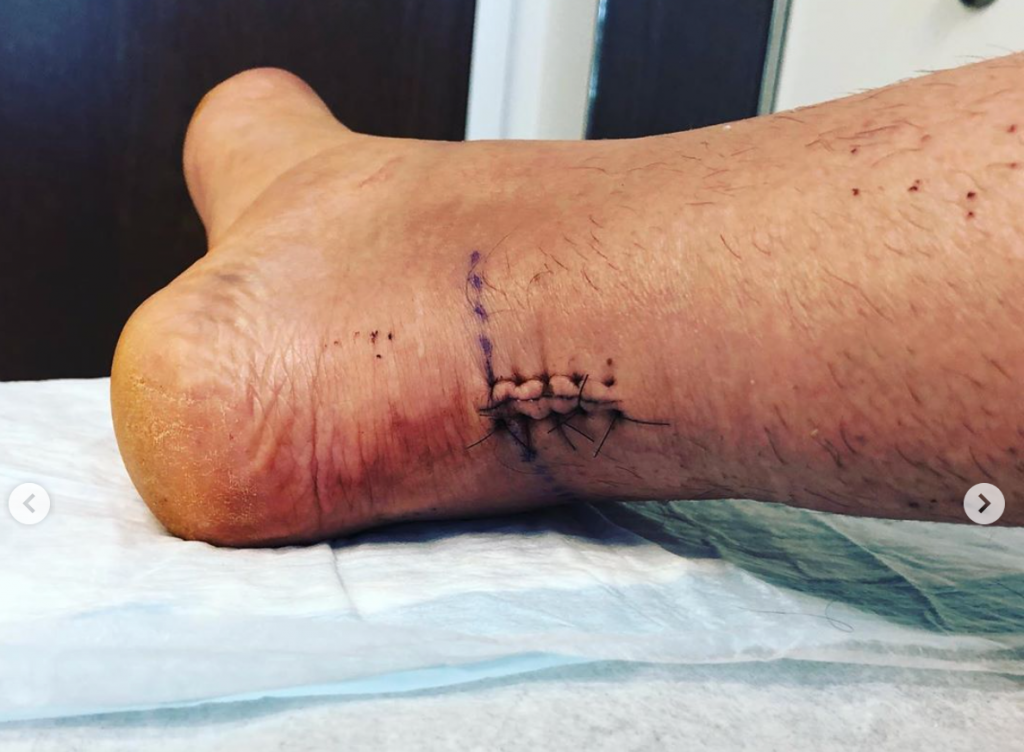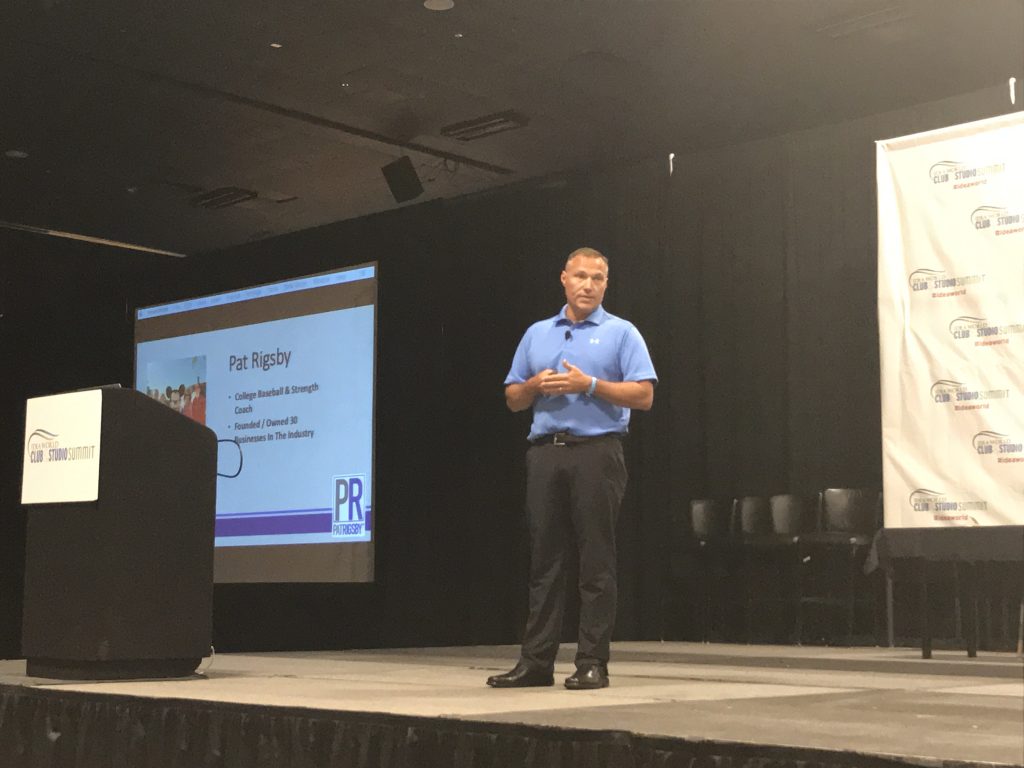I want to make something crystal clear before I proceed:
Exercise – I.e., lifting weights in particular – should have a degree of sucktitude attached to it.
No one became a brick shit house in the gym or built an impressive physique without pushing their body to the limits on a consistent basis. I’m often flummoxed by people who, when I post a video of myself or one of my clients doing something badass, will sometimes chime in with something to the effect of “oh, you better be careful. Such and such exercise causes too much stress on the body.”
I can’t help but think to myself: “Um, that’s kinda the point of exercise isn’t it?…
…to stress the body and force it to adapt?”
It’s a narrow-minded and boneheaded take if you ask me.
That being said, I do feel there’s a distinct difference between working hard and (always) striving to make exercise harder.
The former = good. Great, even.
The latter = meh.
Working Hard vs. (Always) Making Exercise Harder
The easiest way for me to explain my train of thought here is to use a real-world example.
I have a client I started working with a few months ago. She’s a trainer herself, actually, and is no stranger to being a gym-rat, getting after it, and satiating her inner-meathead.
She reached out to me because she had been training on her own for several years and was sorta “stuck” in her progress. Namely she wanted someone to audit her technique with the barbell lifts (squat, deadlift, bench) in addition to having someone take over the mental gymnastics that’s often a side-effect of writing your own programs.
I can totally relate (even coaches need coaches).
As is the case with every client I work with there’s always a window where the two parties are kinda feeling each other out and getting the lay of the land. On my end I’m trying to ascertain how I need to temper my coaching style to better fit the personality, ability level, and needs of the client.
On their end there’s undoubtedly an adjustment to Techno Tuesdays or, I don’t know, maybe even coaching with no pants Thursdays.
This was no different.
One thing that struck me in our initial sessions together was her proclivity to always want to beat her previous workout. Meaning, if she deadlifted “x” weight the week prior and didn’t surpass that number the following week (or at least attempt to) she’d be disappointed.
Now, in a general sense I LOVE this kind of attitude.
I want people to work hard and to push themselves in the weight-room.
A continual, consistent pattern of progressive overload – gradually doing more and more work over the course of weeks, months, years – is the key to long-term progress & success.
It makes my job infinitely easier when someone “gets” this concept. However, it can also be a double-edged sword.
In the case of my client, I got the impression that she was stuck in the trap of constantly testing her strength rather than building it.
More to the point, she was stuck in the trap of trying to always make exercise harder.
But Tony Didn’t You Just Say You WANT Your Clients to Work Hard?
Yes, I did (and do).
But working hard and always making exercise harder are two different things.
To help ruminate my point further I always recall this idea of “80% Workouts” I picked up from strength coach Paul Carter.
In short:
- 10% of the time you will feel like Leonidas leading his Spartan soldiers to battle and crush your workouts.
- 10% of the time you will feel like you spent the night in the Sunken Place and your workouts will crush you.
- 80% of the time you will just show up, get your reps in, and leave.
THAT’s the key.
Those 80% workouts.
The workouts where nothing spectacular happens.
You just exist and do the work.
80% of the time or 8 out of 10 workouts (<— I’m a master in math).
Another way to think about it: You’re still working hard every session, straining, and training with intent…but it’s just not worthy of Instagram.
To that end:
- You can still work hard despite having a poor night’s sleep.
- You can still work hard despite being injured.
- You can still work hard despite having a bad day at work and resisting the urge to throw a stapler into boss’s face.
The point is: Every session (and exercise) doesn’t have to be a ball-breaker or “battle” or leave you with no sensation in the left side of your face in order for you to make progress.
Life gets in the way often and it’s unhelpful to hold ourselves to the impossible standard of breaking personal records every single training session.
It doesn’t always have to be harder.
This is where using other metrics of effort – like Rate of Perceived Exertion or Reps in Reserve – can be useful. For example, lets say you have a client who had a poor night’s sleep the night prior or maybe lost a fist fight to Rambo.
Whatever, they’re in no shape to train at full throttle.
Instead of hitting that scheduled heavy double with their squats, maybe a better approach would be to have them perform 2-3 sets of squats aiming for 2-3 Reps in Reserve (a concept popularized by strength coach Dr. Mike Israetel).
This way they’re still squatting and hitting a few challenging sets, but not risking injury or further piling on more CNS fatigue that will only continue to accumulate and further derail their training.
Alternatively, you can try this approach (which is something I picked up recently from strength coach Conor Harris):
Week 1: 3×5 @ 70% of 1 Rep Max + one set of as many reps as possible (AMRAP).
- If AMRAP >8 reps, go up 5 lbs next session.
- If AMRAP 6-8 reps, repeat next session.
- If AMRAP <5 reps, go down 5 lbs next session.
This is a healthy compromise because it satisfies my preference of each repetition being (somewhat) fast and crisp, but the AMRAP set also helps satiate the more competitive clients.
It’s a win-win in my book.
“Easy” training is good training.
BUILD strength instead of testing it constantly.
WU-TANG!





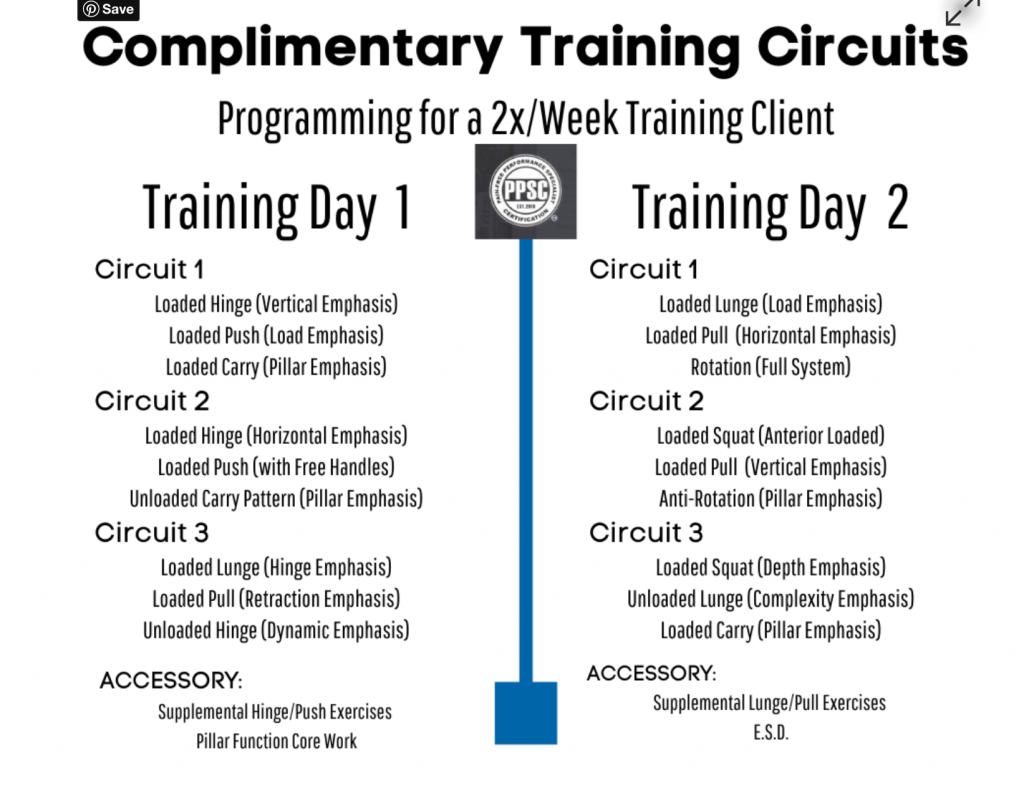
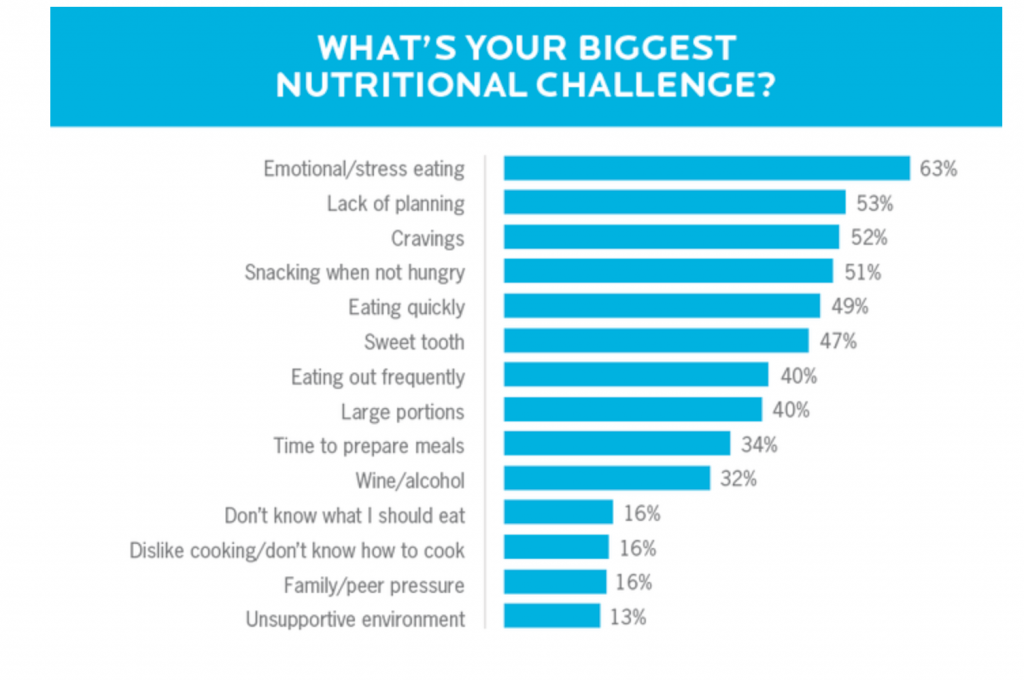

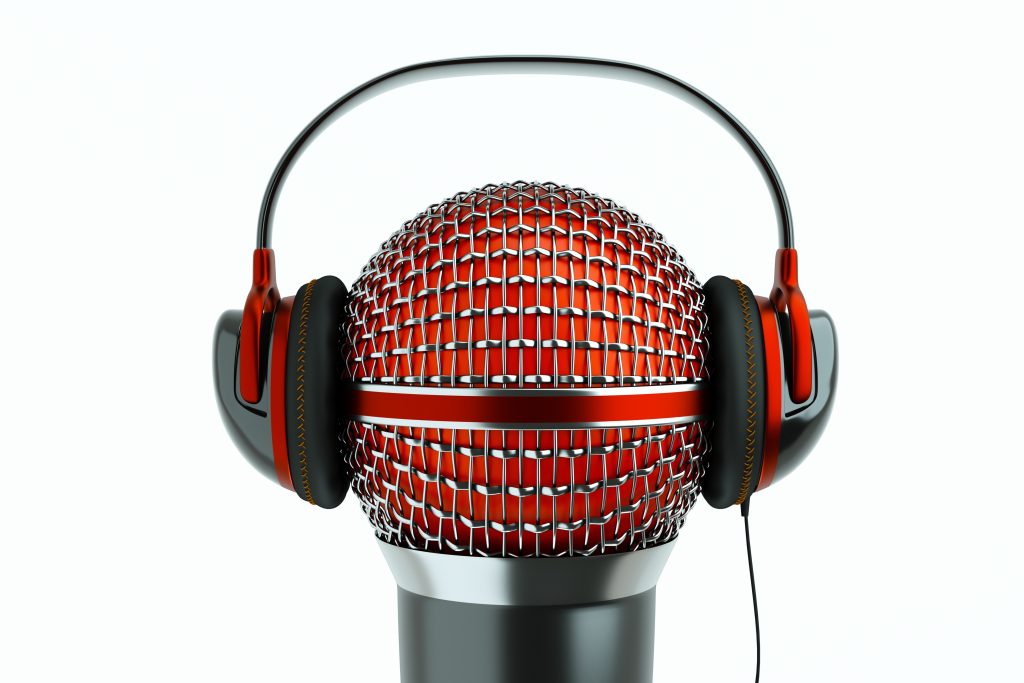

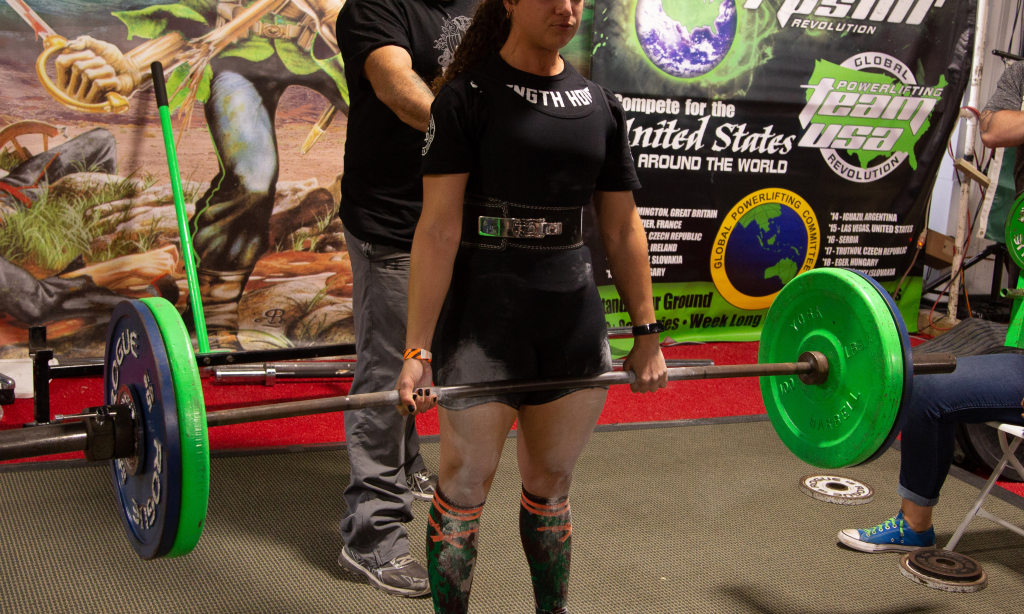

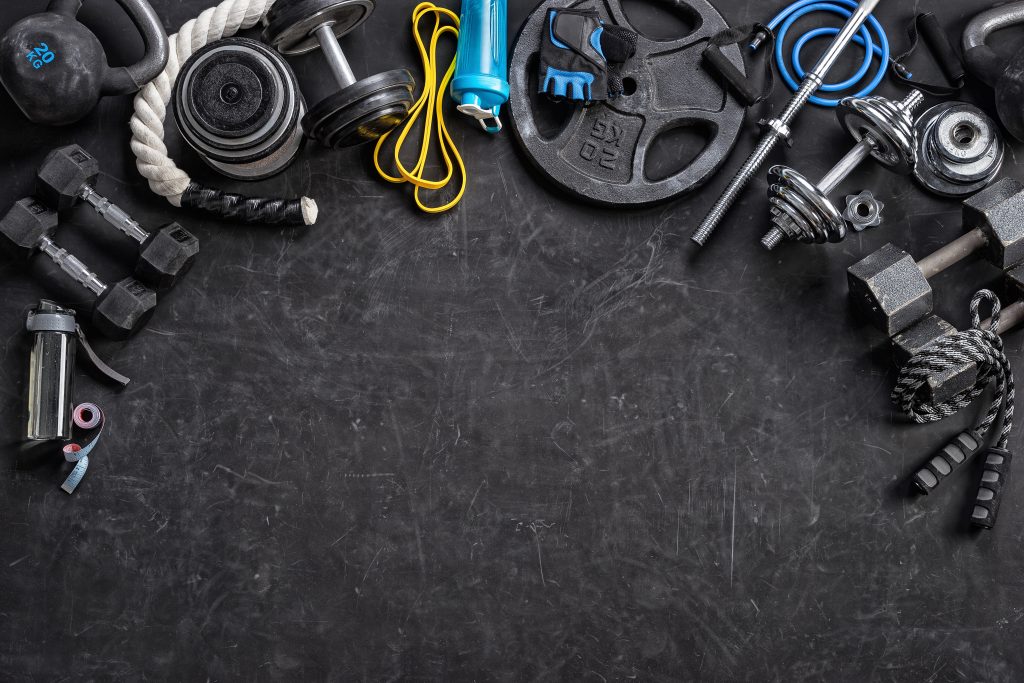
 Scott Hansen is a Bostonian transplanted in Southern California, a strength/fitness/wrestling coach, educator, sub par surfer, and die hard New England sports fan.
Scott Hansen is a Bostonian transplanted in Southern California, a strength/fitness/wrestling coach, educator, sub par surfer, and die hard New England sports fan.


